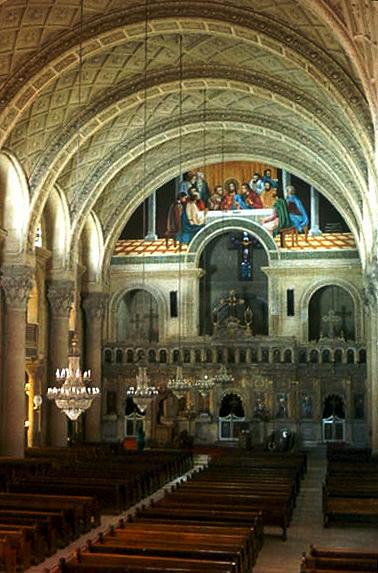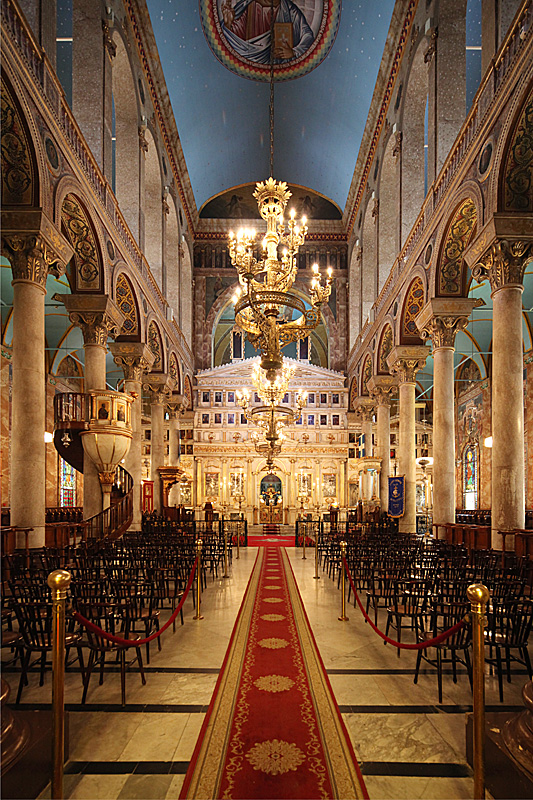- Nov 29, 2011
- 8,530
- 4,776
- Country
- United States
- Faith
- Christian
- Marital Status
- Married
- Politics
- US-Democrat
If one believes that the Holy Spirit guides His people in the selection of the next Pope, Bishop, or whatever, then all we need to ask ourselves is would the Holy Spirit sanction a less than perfect man as a leader of the Church. Since Jesus selected Peter as a leading apostle and Judas as another apostle, the answer seems that God recognizes our faults and yet works through even the worst of us. It is more about the power of God to elevate us than our own natural desires for earthly things pulling us down.
In regards to the Inquisitions, that is too long of a span and too many different circumstances to paint all Popes in that era with the same brush and begs the question of what would someone from that year think of the Inquisitions, not how do we view them through modern lens.
"If one believes that the Holy Spirit guides His people in the selection of the next Pope, Bishop, or whatever, then all we need to ask ourselves is would the Holy Spirit sanction a less than perfect man as a leader of the Church."
That's a big "if"... There are many of us who question the creation of positions within the church that are not Biblical. As I have said earlier, "Pope", "Cardinal", "Bishop" are not mentioned anywhere in the Bible; they are the creations of people to create a non-Biblical hierarchy.
The Bible says that we are all a nation of Priests, with one head: Jesus Christ.
Upvote
0


